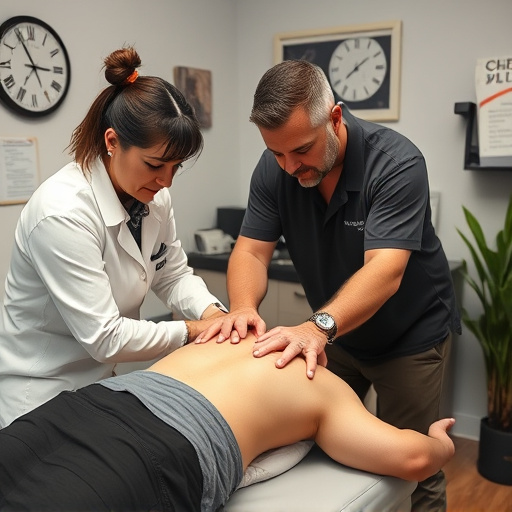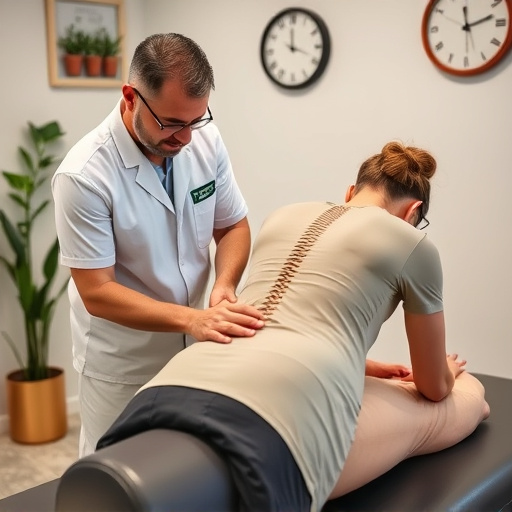Before meeting an accident injury specialist, prepare by gathering comprehensive medical records and organizing them for efficient sharing. Ask questions about symptoms, treatment options, relief timelines, and lifestyle adjustments to prevent future injuries. Review your insurance policy to understand coverage and potential out-of-pocket expenses for recommended treatments like shockwave therapy.
Preparing for an accident injury specialist appointment is crucial for ensuring a smooth evaluation and efficient treatment. Begin by gathering all medical records and documentation related to your injuries, including previous diagnoses and tests. Prepare a list of questions to ask the specialist regarding their approach and treatment options. Additionally, understand your insurance coverage to avoid unexpected costs. By following these steps, you’ll be well-prepared to make the most of your consultation with an accident injury specialist.
- Gather Medical Records and Documentation
- Prepare Questions for the Specialist
- Understand Your Insurance Coverage
Gather Medical Records and Documentation

Before your appointment with an accident injury specialist, it’s crucial to gather all relevant medical records and documentation. This includes your complete medical history, previous diagnoses, and treatment plans, especially those related to any existing conditions or recent injuries. Organize x-rays, MRI scans, and lab reports as these can provide essential insights into your current state of health, particularly if you’re seeking treatment for lower back pain or considering options like shockwave therapy for pain management.
Ensure that all documents are up-to-date and easily accessible to streamline the initial consultation process. This proactive approach will help the specialist understand your medical history better, enabling them to offer accurate assessments and tailored recommendations for your specific case.
Prepare Questions for the Specialist

Before your appointment with an accident injury specialist, take some time to prepare a list of questions. This proactive step ensures that you gain valuable insights and clear answers during your consultation. Start by detailing your symptoms; for instance, if you’re experiencing lower back pain or joint pain relief is your primary concern, describe the intensity and any specific activities that exacerbate or alleviate these issues.
Additionally, inquire about potential treatment options tailored to your condition. Since chronic pain relief is a common goal, ask the specialist how their approach can help manage long-term discomfort effectively. Prepare questions about recovery timelines, expected outcomes, and any lifestyle adjustments recommended to prevent future accidents or injuries.
Understand Your Insurance Coverage

Before scheduling an appointment with an accident injury specialist, it’s crucial to understand your insurance coverage. Reviewing your policy will help you grasp what services related to accident-related injuries are covered and how much out-of-pocket expense you can expect. Many insurance plans offer comprehensive coverage for emergency care and subsequent treatments, including consultations with specialists like these. Check if your policy includes specific benefits for conditions like herniated disc treatment or sciatica treatment, as these are common issues resulting from accidents.
Understanding your insurance will empower you to ask informed questions during your appointment. It’s important to discuss potential treatments and their costs to ensure they align with your coverage and budget. For instance, if a pinched nerve relief method is recommended but not covered, the specialist can suggest alternative options or work with you to navigate any out-of-pocket expenses.
When preparing for an accident injury specialist appointment, ensure you have gathered all necessary medical records, documented your symptoms, and formulated insightful questions. Additionally, familiarize yourself with your insurance coverage to navigate the process smoothly. By taking these steps, you’ll be well-equipped to communicate effectively with the specialist and receive personalized care for your injury. Remember, prompt preparation can significantly enhance your experience during what might otherwise be a stressful time.














